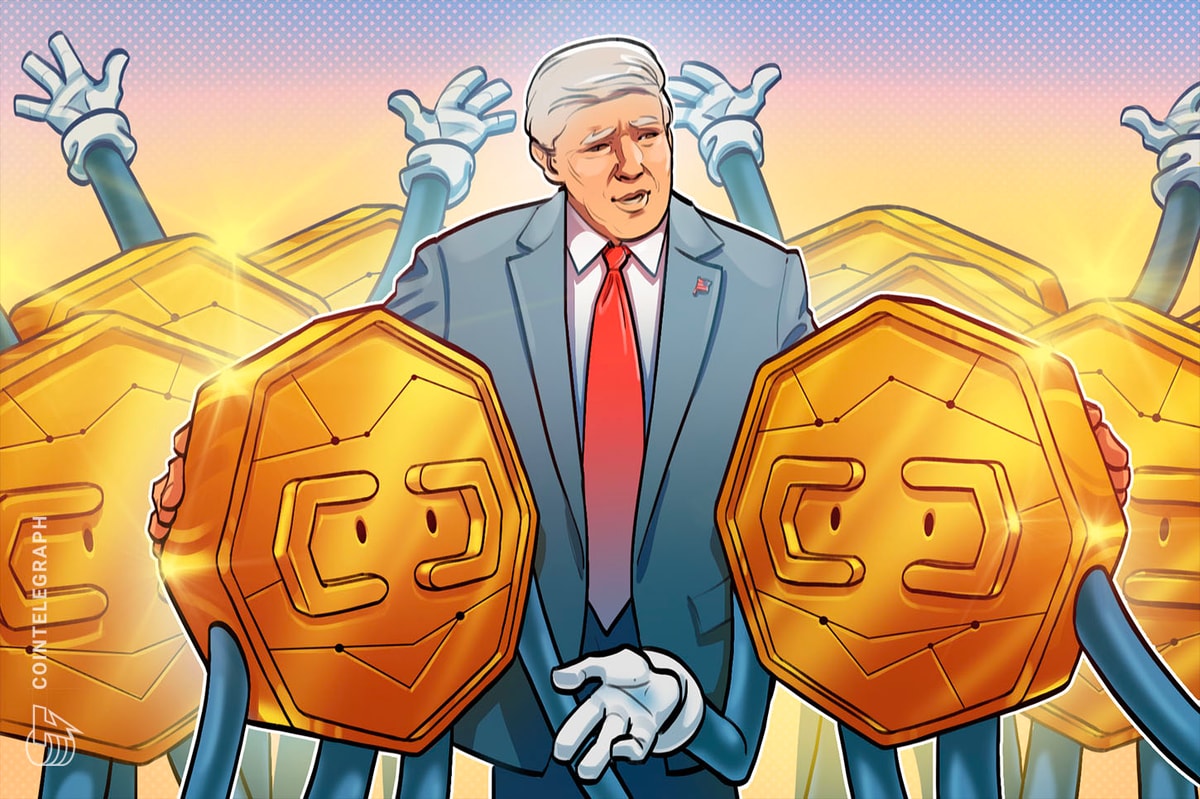Venture capitalists still see potential in Nigeria despite the suggested increased crypto registration fees. However, the services they can provide may struggle to gain momentum due to government restrictions on peer-to-peer (P2P) platforms aimed at curbing free market promotion, according to Ray Youssef, the CEO of NoOnes, a financial communication and P2P app.
A recent report by Nigeria’s Securities and Exchange Commission (SEC) proposed an amendment to the rules guiding platforms offering crypto services and suggested a hike in the registration fee for crypto exchanges from 30 million naira ($18,620) to 150 million naira ($93,000).
Speaking with Cointelegraph, Youssef, who is the co-founder and former CEO of the shuttered P2P exchange Paxful, said the increase is an invitation for the crypto “big boys” like Coinbase and other major companies to operate in the Nigerian market. He emphasized that the government aims to restrict P2P services to address foreign exchange challenges, and exchanges willing to forgo P2P support can operate smoothly in Nigeria.
However, this strategy conflicts with the Nigerian crypto market’s strong preference for P2P trading, posing a considerable obstacle for exchanges. However, Youssef remains optimistic about Nigeria’s chance of maintaining its position in the ecosystem despite the recent regulation challenges.
Related: Nigerian court orders Binance to disclose all user data
Youssef said the government could use the abundance of P2P traders in Nigeria as an asset and treat crypto stakeholders as allies to understand how to use crypto to the advantage of the nation’s economy.
Nigeria is currently the largest P2P crypto market in the world, which came about after the Central Bank of Nigeria banned institutions from buying and selling crypto in 2021. In December 2023, the Nigerian government lifted the 2021 crypto ban, enabling crypto exchanges to apply for licenses in Nigeria.
Commenting on the recent partnership between Gluwa and the Nigerian government to improve the adoption of the nation’s central bank digital currency (CBDC), the eNaira, Youssef said the government could have taken a different approach when introducing the CBDC by leveraging it to stimulate local economic growth, providing credit to aspiring entrepreneurs and encouraging the younger generation to embrace it.
The Nigerian government has often been at odds with cryptocurrency exchanges. Binance ceased operations using the naira on March 8 after Nigerian government criticism of crypto exchanges singled it out in February. In August 2022, Nigeria was named the most crypto-obsessed country in the world by the number of Google searches for “cryptocurrency” or “buy crypto.”








